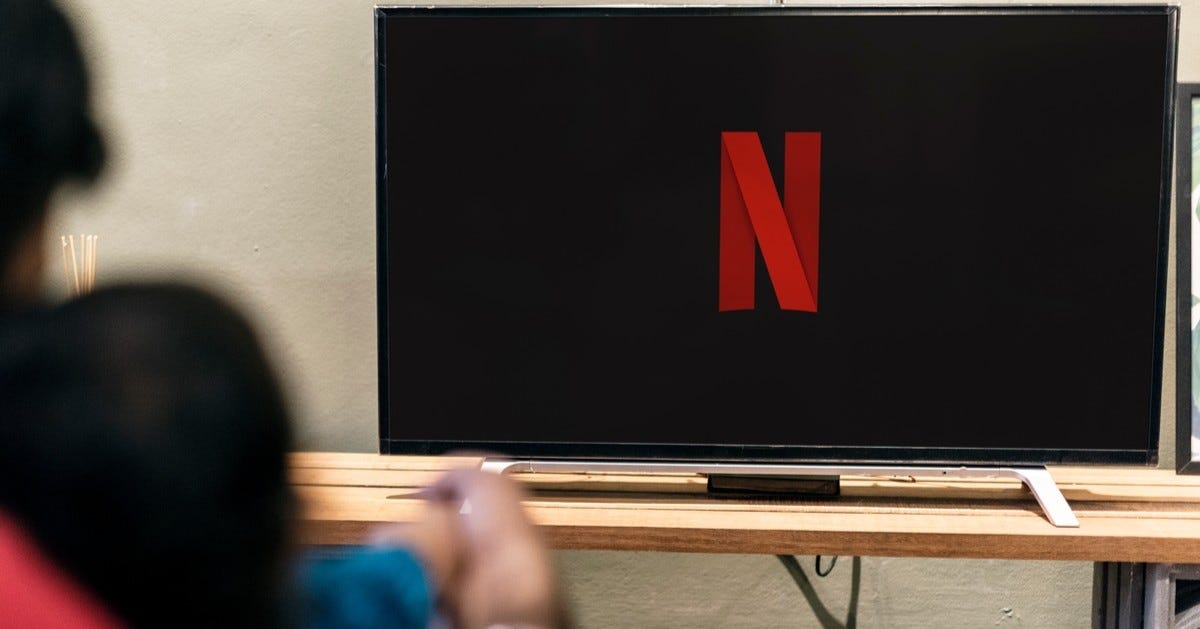Quebec seeks French-language quota for streaming services
Quebec is looking to force streaming giants to adhere to French-language quotas in as part of the implementation of the Online Streaming Act.
Quebec is looking to force streaming giants to adhere to French-language quotas in as part of the implementation of the Online Streaming Act.
Quebec Culture Minister Mathieu Lacombe tabled Bill 109 on Wednesday, which would oblige major streaming platforms such as Netflix, Disney, and Spotify to adhere to a French-language "visibility quota."
The bill also includes financial penalties for those who don't follow the rules.
Additionally, it seeks to amend the Quebec Charter of Human Rights and Freedoms to enshrine "the right to discoverability of and access to original French-language cultural content."
"This is the bet we are making, that is to say, to ally ourselves with the French-speaking community because [protecting French] is a common fight after all," Lacombe told reporters on Wednesday.
Bill 109 would apply to all digital platforms offering video, music and audiobooks online.
The legislation has been in the works for over a year and is being presented as the Canadian Radio-television and Telecommunications Commission conducts its public hearing on what the new definition of Canadian content will be.
If Bill 109 passes, streaming platforms will be required to present interfaces for screening online videos in French by default, and provide access to platforms that offer original French-language cultural content, as per the government's pending criteria.
According to Lacombe, the bill shows that Quebec is capable of standing up to major online platforms.
While the bill complies with the Canada-U.S.-Mexico Agreement terms, Lacombe acknowledged that, given the heightened tension between Canada and the U.S., it may only further disrupt relations.
He noted that the Quebec government intends to invoke the exception that excludes cultural property from trade agreements if the Trump administration challenges the legislation.
However, the bill has already been met with criticism online from some Canadians who argue that since individuals pay out of pocket for these streaming apps, such additional red tape will only add to their subscription fees.


